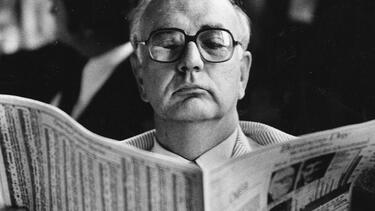Politics and Policy
What Happened When Five AI Models Fact-Checked Trump
President Donald Trump is an AI booster, write Yale SOM’s Jeffrey Sonnenfeld and co-authors Stephen Henriques and Steven Tian. So they thought it was fair to ask the leading chatbots to evaluate some of Trump’s frequently repeated claims.
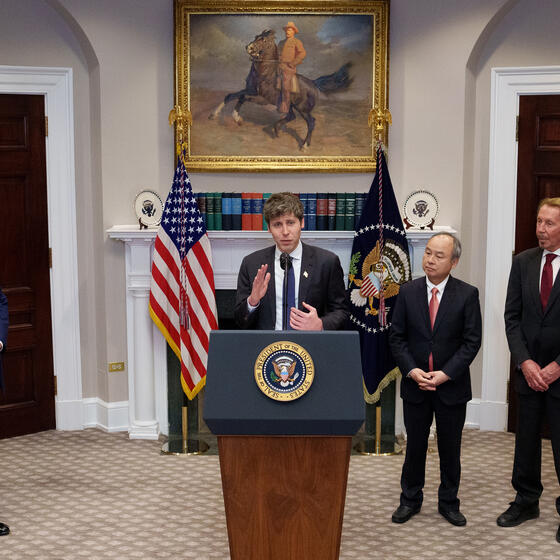
What Happens When a Billion Identities Are Digitized?
The success of India’s Aadhaar, a biometrically secured national identification system, has ignited a debate over whether any entity, public or private, should have the ability to pool our full digital profiles.
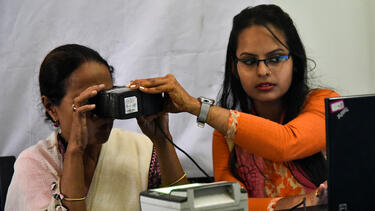
A Global Crisis Requires Global Collaboration
On March 24, experts in finance, economics, and health from Global Network schools in seven countries gathered for an online conversation about the state of the COVID-19 pandemic, the economic fallout, and the path to recovery.

How Should the U.S. Government Respond to COVID-19?
On March 12, a group of public health experts assembled by Yale SOM’s Dr. Howard Forman released a proposal for a set of emergency public health, healthcare, and emergency support measures to respond to the growing COVID-19 outbreak.
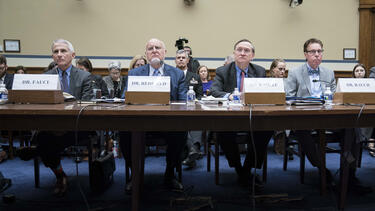
Study: Pharmaceutical Ads Drive Prescriptions—And Save Us All Money
Yale SOM’s Michael Sinkinson found that fewer people get life-savings statins during primary season, when pharmaceutical ads are displaced by political ads.

Study Suggests That Local Chinese Officials Manipulate GDP
A study by Yale SOM’s Frank Zhang suggests that local Chinese governments often push through projects without long-term economic value, or fabricate numbers outright, in order to meet GDP targets.

Should We Worry about the Trillion-Dollar Deficit?
We asked William English, a professor in the practice of finance and a former economist at the Federal Reserve, how the deficit and the ballooning national debt affect the economy and the ability of Congress and the Fed to fight future recessions.
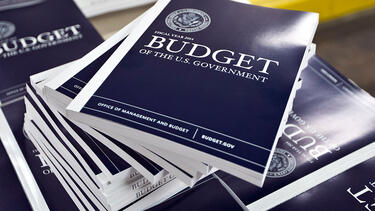
Aspiring to Be the Next Silicon Valley? Think Twice
A study by Yale SOM researchers suggests that when venture capital funding in a metropolitan area increases, industries with customers outside the region suffer and income inequality widens.

Should Government Run on Rules or Principles?
Janhabi Nandy ’09, an official at the Treasury Board of Canada, makes the case that a nuanced, principle-based approach can make government more effective.

How Meritocracy Worsens Inequality—and Makes Even the Rich Miserable
Yale Law School’s Daniel Markovits argues that rather than democratizing American society, meritocracy has contributed to increasing inequality and the decline of the middle class.

Three Questions: Prof. Andrew Metrick on Paul Volcker’s Legacy
Paul Volcker, former chairman of the Federal Reserve, died on December 8 at age 92. Prof. Andrew Metrick reflects on Volcker’s contributions to the Fed and economic policy.
